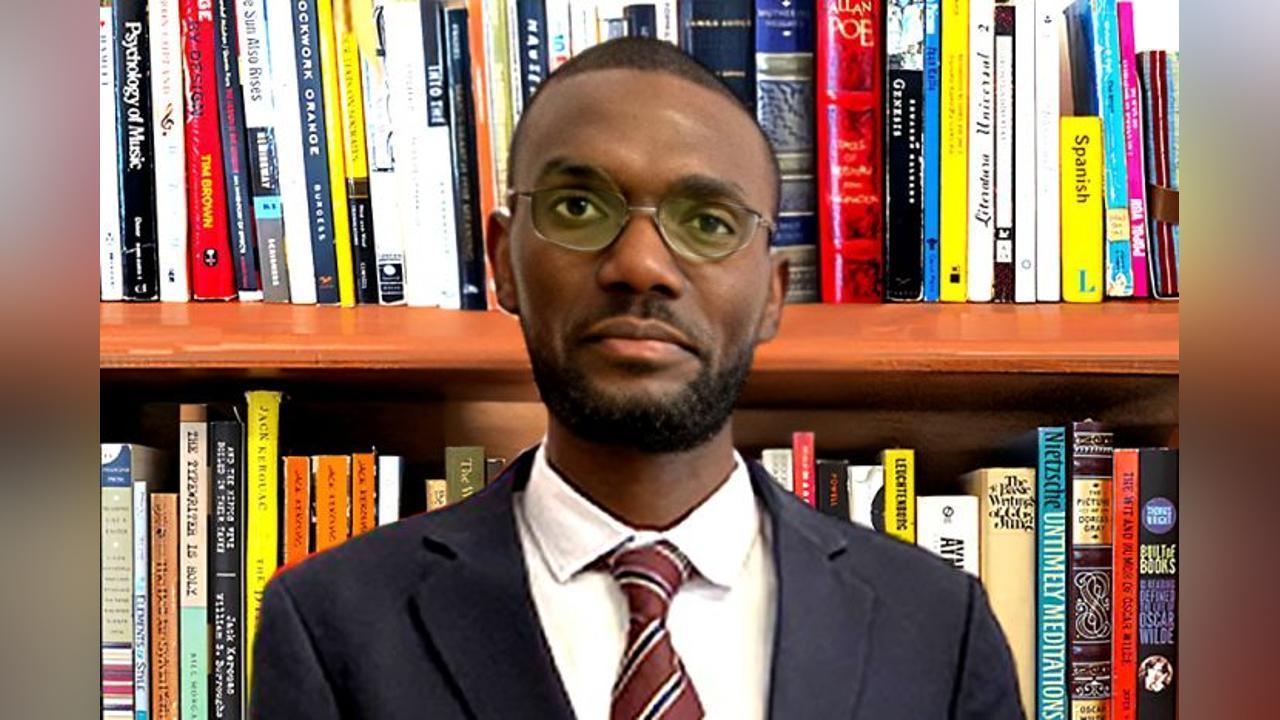Africa-Press – Mauritius. The United Nations was born in 1945 as one of the most important results of World War II, with the great promise of preventing humanity from plunging back into the abyss of war, as it was at that time.
It was the post-war era, and the victorious powers believed they could effectively create a collective security system capable of balancing interests while preserving peace within the international system. However, almost eighty years after its creation, it’s legitimate to ask: does the UN still fulfill this idealistic role, or are we witnessing a silent decline in its relevance?
Anyone who looks at the UN Security Council easily sees the contradiction. This structure, instead of functioning as a guardian of peace, has in recent years become a stage for disputes between the great powers. Russia, China, and the United States, each in their own way, are clearly seeing the veto become an instrument of permanent blockade. The war in Ukraine is a clear and glaring example of this premise: while cities were devastated by the use of disproportionate military means, the UN proved powerless, limited to rhetoric that barely changed the reality on the ground. The same is true in Gaza, where the Security Council’s paralysis left millions at the mercy of bombardments and blockades.
The great father of political realism, Hans Morgenthau, said that international politics is “the constant struggle for power,” and this phrase seems to sum up the fate of the UN well, as it has shown itself to be trapped by the strategic calculations of the strongest states.
This is undoubtedly a very complicated situation because, as the UN weakens, other decision-making bodies emerge within the international system, which we can consider here as international subsystems. The BRICS+, the G20, the African Union, and even informal military forums, such as the recent rapprochement between China, Russia, Iran, and North Korea, are gaining ground. We must admit that, formally, these structures do not replace the UN, but they do have some impact in terms of reducing its political weight on certain global issues.
As Raymond Aron argued, the international order is not eternal; it is always “provisional and fragile,” subject to the power struggle and the adaptability of institutions. What we see today is the slow replacement of the UN’s centrality by a bloc diplomacy, less universal and more pragmatic.
CRISIS OF REPRESENTATION
Another critical point is the lack of representation. The world has changed radically since 1945, but the UN architecture remains largely unchanged. The African continent, with 54 states, does not have a single permanent seat on the Security Council, and from very early on, they have been demanding a seat on the Council to somehow shape the Council’s agenda regarding certain conflicts affecting the continent, thus discontinuing the logic of prioritizing great powers.
Latin America, for its part, remains marginalized. India, with over 1.4 billion inhabitants, does not participate in major decisions. This discrepancy undermines the institution’s legitimacy and fuels the idea that the UN is merely an elitist club. As Hedley Bull argued in his classic “The Anarchical Society,” international institutions only survive as long as they reflect the common interests of states; when they fail to do so, they become obsolete.
ANARCHY OF BLOCKS
The consequence of this depletion is predictable: if the UN becomes irrelevant, the world could enter a phase of fragmentation, in which regional blocs define the rules as they see fit. This means less cooperation on global issues and more struggles for influence. Issues like climate change, pandemics, or migration flows would be held hostage by partial agreements, lacking global coordination. The much-vaunted multilateralism would give way to a kind of “organized anarchy,” where each power dictates the rules within its sphere of influence.
The greatest danger is not that the UN will disappear overnight, but that it will lose its relevance in the silence of diplomacy. It will continue to exist as a symbolic forum, but without real influence in major decisions. And if that happens, it will be a collective failure, in which humanity will have squandered the only universal space for dialogue it managed to build over countless armed conflicts. As Norberto Bobbio warned, “perpetual peace is not a given, it is a task”; if states are not willing to reform and revitalize the multilateral system, we will increasingly live under the rule of the strongest.
The challenge, therefore, is clear: either countries accept a rethinking of the UN, expanding its representation and restoring its effectiveness, or they resign themselves to a future in which major powers and regional blocs dictate the rules of the game. Between hope and irrelevance, the UN stands at a historic crossroads.
JUVENAL QUICASSA , Specialist in International Relations.
angola24
For More News And Analysis About Mauritius Follow Africa-Press







